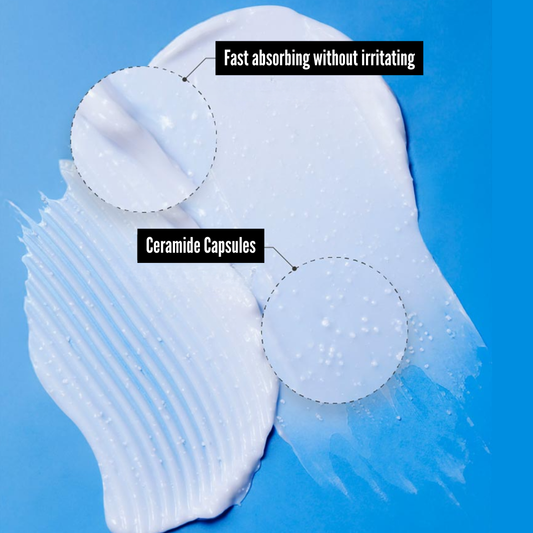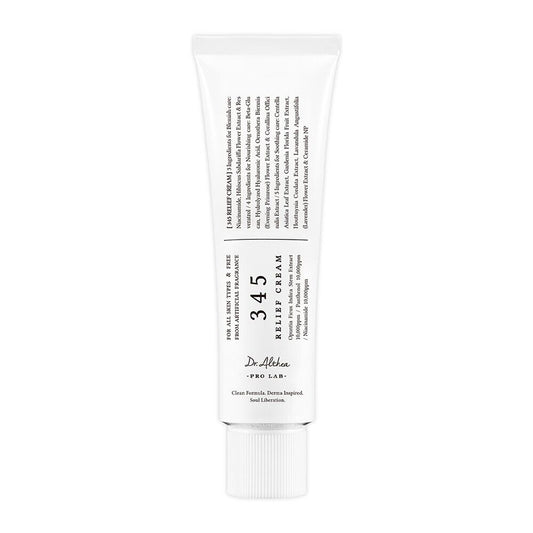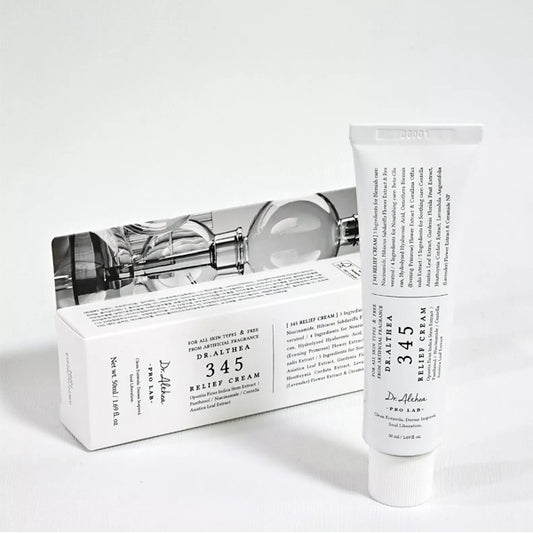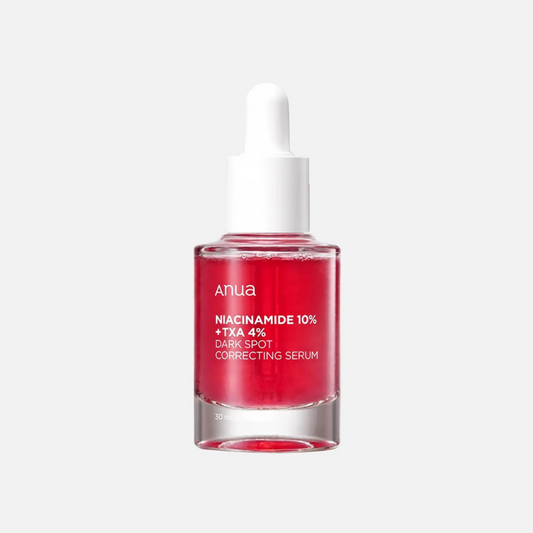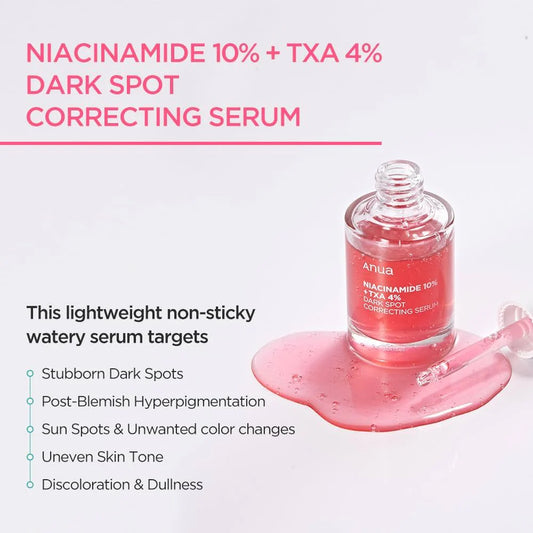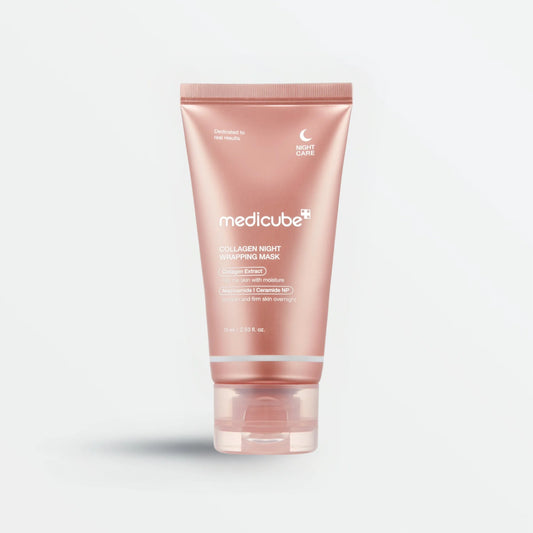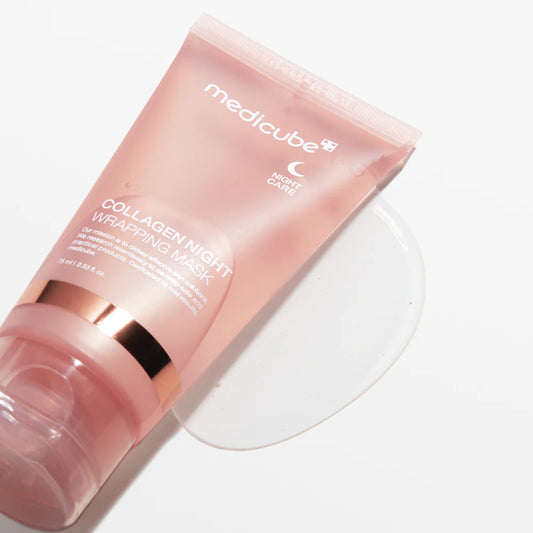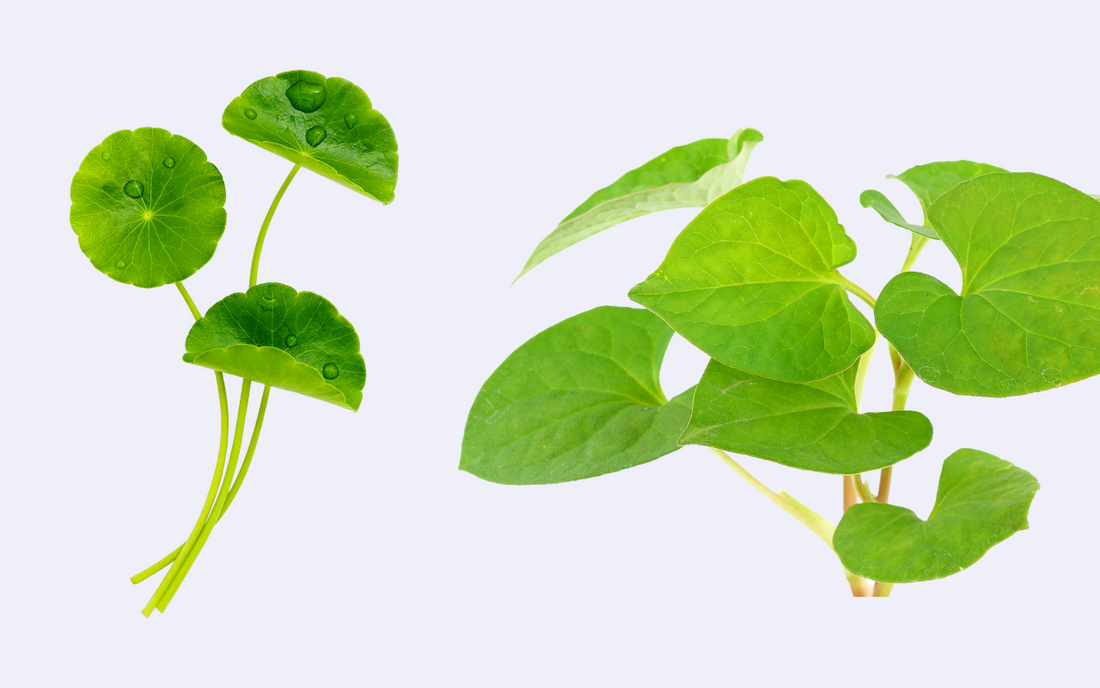
Centella Asiatica vs Heartleaf
Share
Centella asiatica (Cica) and Houttuynia cordata (Heartleaf) have been used as traditional remedies in Asia for centuries. Their healing properties have made them popular botanical ingredients in skincare products, especially within Korean beauty. While both offer unique benefits for the skin, their effectiveness can vary depending on individual skin types and concerns.
Here are some facts from various resources about these two plants.
|
Centella Asiatica |
Heartleaf |
|
| Scientific Name |
Centella Asiatica |
Houttuynia Cordata |
| AKA | cica, tiger grass. Indian pennywort, gotu kola. brahm | fish mint, fish leaf, rainbow plant, chameleon plant, heart leaf, fish wort, Chinese lizard tail |
| Family | Apiaceae (Parsley family) | Saururaceae (Lizard's-tail family) |
| Appearance |
 |
 |
| It has long-stalked, green, rounded apices. The leaves are around 2 cm. | It can grow to 0.6 -1 m. The leaves are broadly heart-shaped, 4-9 cm long and 3-8 cm broad. | |
| Cultivation | Grows in temperate and tropical swampy areas | Grows in moist to wet soil |
| Traditional Medicine | Used to treat various disorders, dermatological conditions, and minor wounds, although clinical efficacy and safety have not been scientifically confirmed. | Used in traditional Chinese medicine to treat various disorders, although clinical efficacy and safety have not been scientifically confirmed. |
| Skin benefits |
|
|
| Best for | Sensitive, irritated, or damaged skin; those seeking to improve skin texture and reduce fine lines | Acne-prone skin, those with oily or combination skin, and those seeking a brighter complexion |
If you are not sure what to choose between Centella asiatica and Heartleaf, Centella asiatica is generally considered more suitable for those with sensitive, irritated, or damaged skin. It excels at promoting wound healing, reducing inflammation, and improving skin elasticity. Heartleaf is particularly effective for those with acne-prone, oily, or combination skin. Its antibacterial and anti-inflammatory properties help combat acne-causing bacteria and soothe redness.
It's important to note that while these plants have shown promise in skincare, individual results may vary. If you have specific skin concerns, it's always recommended to consult with a dermatologist or healthcare professional for personalized advice.
FAQs
Q: Which is better for calming redness?
A: Both help reduce redness, but Centella Asiatica is especially effective for sensitive, irritated, or damaged skin, while Heartleaf shines for acne-related redness and inflammation.
Q: Which is better for acne-prone skin?
A: Heartleaf tends to be preferred, thanks to its antibacterial and sebum-regulating effects. Centella still helps by reducing post-acne marks and healing the skin.
Q: Which is better for barrier repair?
A: Centella Asiatica is stronger for repairing and strengthening the skin barrier, as it boosts collagen production and skin regeneration.
Q: Can I use both together?
A: Yes! Many K-Beauty routines pair them: Heartleaf for oil control and calming breakouts, and Centella for healing and long-term resilience.
Q: Which one is best for oily or combination skin?
A: Heartleaf, because it helps regulate oil and reduce clogged pores.
Q: Which one is best for dry or sensitive skin?
A: Centella Asiatica, since it deeply soothes, hydrates, and supports barrier repair.
Q: Which works better for anti-aging?
A: Centella Asiatica, because its active compounds can stimulate collagen production and improve skin elasticity.
Sources:
- https://en.wikipedia.org/wiki/Centella_asiatica
- https://en.wikipedia.org/wiki/Houttuynia_cordata
- https://health.clevelandclinic.org/centella-asiatica-for-skin
- https://www.ncbi.nlm.nih.gov/pmc/articles/PMC3116297/
- https://www.tandfonline.com/doi/full/10.3109/13880200903019200
- https://www.frontiersin.org/journals/pharmacology/articles/10.3389/fphar.2020.568032/full
- https://journals.plos.org/plosone/article?id=10.1371/journal.pone.0230645
- https://kbeautyaustralia.com.au/blog/heartleaf-houttuynia-and-how-it-can-help-to-banish-acne/


